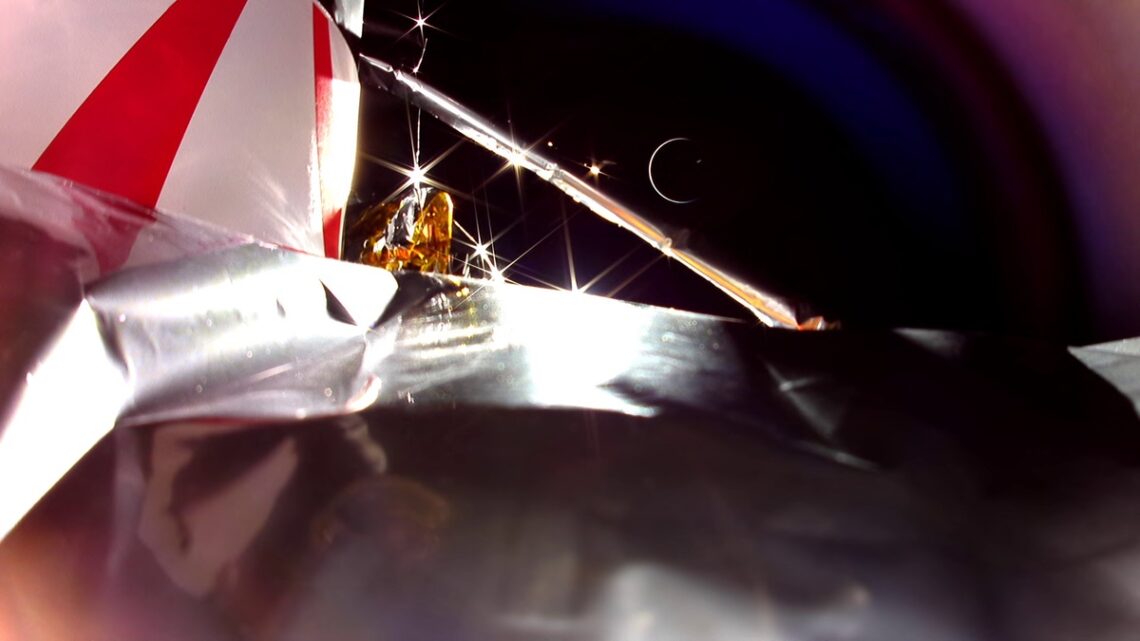THE WOODLANDS, Texas — Despite not making it to the moon, NASA and others flying payloads on Astrobotic’s Peregrine lunar lander say they still got useful data from the mission.
Peregrine launched Jan. 8 on the first flight of United Launch Alliance’s Vulcan Centaur. The spacecraft, though, suffered a propellant leak hours after launch that ruled out any chance of attempting a lunar landing. The spacecraft instead reentered a week and a half after launch.
Although Peregrine did not reach the moon, many of the payloads on board were tested during the flight. “In transit, we were going to keep most of those payloads in a survival mode,” said Dan Hendrickson, vice president of Astrobotic, during a March 11 session about the mission at the Lunar and Planetary Sciences Conference here. “But as our mission deviated, the plan deviated as well, much to the benefit of all the payloads.”
While many of the science payloads on Peregrine weren’t able to collect their intended data from the surface of the moon, they were able to be tested in space and, in some cases, perform some science.
Among them was the Linear Energy Transfer Spectrometer (LETS) instrument, which collected data about the cislunar radiation environment rather than on the lunar surface as intended. “We had to move our operations around to pull data down during the flight,” said Stuart George of NASA’s Johnson Space Center, one of the leaders of the instrument. “The instrument worked perfectly the whole time.”
Another NASA instrument, the Peregrine Ion-Trap Mass Spectrometer (PITMS), also was able to operate during the flight. It detected traces of nitric oxide and nitrogen dioxide that likely was from the lander’s oxidizer that suffered the leak. “That transient atmosphere, if you will, of the oxidizer around the spacecraft, that self-induced environment, persisted,” said Barbara Cohen, principal investigator for PITMS at NASA’s Goddard Space Flight…
Read the full article here

